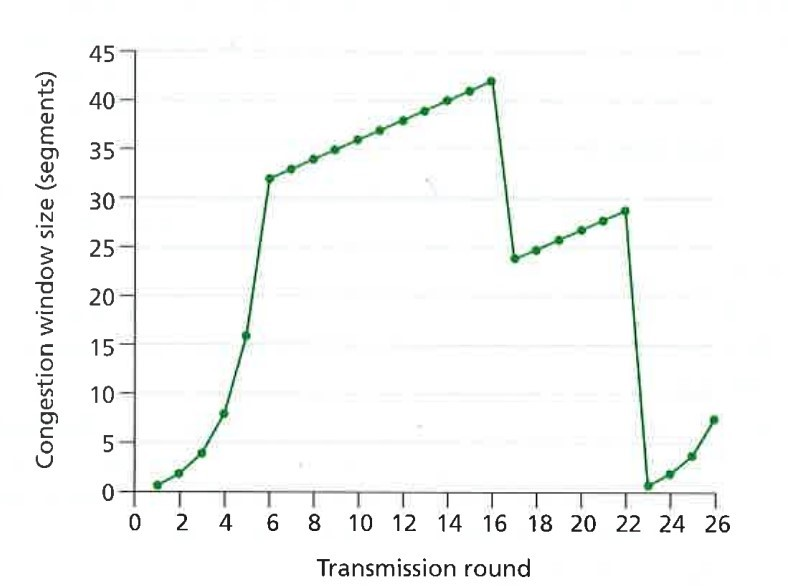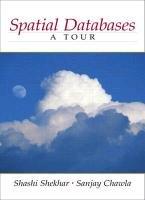Question
1 - [6 pts] Compare the GBN, SR, and TCP protocols as approaches toward pipelined error recovery for reliable data transfer. Consider three packets are
1 - [6 pts] Compare the GBN, SR, and TCP protocols as approaches toward pipelined error recovery for reliable data transfer. Consider three packets are sent from a client to the server with sequence numbers 1, 2, and 3. Also, a connection is established prior to sending the first packet and there are no timers.
If the first packet arrives successfully, what is the sequence number in the corresponding acknowledgment sent by the server if using:
GBN?
SR?
TCP?
Now consider the second packet is lost in transit to the server, but the third is received successfully. What is the sqeuence number in the corresponding acknowledgment sent by the server if using:
GBN?
SR?
TCP?
2 [4 pts] Suppose we provide a new implementation of the transport layer protocol TCP providing the same functionality using different algorithms.
How does this impact operations at the application layer?
How does this impact operations at the network layer?
3 [4 pts] Suppose we eliminate TCP and instead rely exclusively on UDP as our only transport layer protocol.
How does this impact operations at the application layer?
How does this impact operations at the network layer?
4 [4 pts] Consider the rdt protocol as discussed in class.
What is the role of sequence numbers in the rdt protocol?
What is the role of timers in the rdt protocol?
5 [4 pts] Briefly compare and contrast TCP and UDP
6 [4 pts] Describe an application for which UDP is an appropriate transport layer protocol. Why?
7 [4 pts] Describe an application for which TCP is an appropriate transport layer protocol. Why?
8 [4 pts] Briefly compare and contrast congestion control and flow control.
9 Consider the figure below illustrating the operation of TCP Reno and answer the following questions.
[3 pts] How do we identify when TCP slow start is operating? At what transmission round does this occur in the figure?
[3 pts] How do we identify when TCP congestion avoidance is operating? At what transmission round does this occur in the figure?
[4 pts] What is the initial value of sshthresh and how do we identify it?
[3 pts] How do we identify a segment loss event occur via timeout? Do we see this in the figure? Where?
[3 pts] How do we identify a segment loss event occur via a triple duplicate acknowledgment? Do we see this in the figure? Where?

Step by Step Solution
There are 3 Steps involved in it
Step: 1

Get Instant Access to Expert-Tailored Solutions
See step-by-step solutions with expert insights and AI powered tools for academic success
Step: 2

Step: 3

Ace Your Homework with AI
Get the answers you need in no time with our AI-driven, step-by-step assistance
Get Started


